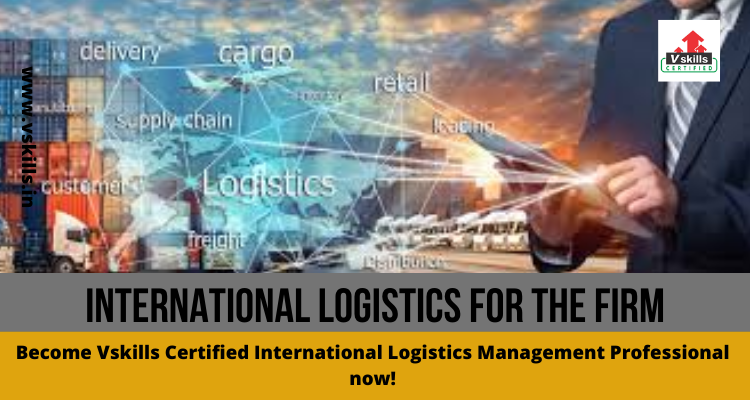International logistics for the firm
Let’s learn more about International logistics for the firm. The globalization of markets is generally understood as a recent phenomenon, triggered by the economic development explosion since the World War II; however while international trade has certainly increased dramatically in the second half of the last century, nations have engaged in international trade for years.
The first international traders were involved in logistics as they calculated how many their ships, or beasts could carry, how much food and water to bring along and how best to package the goods while in transit, decisions which parallel exactly what a modern logistics manager does. They had to decide which payment method was appropriate just as modern exporter must determine the best way of ensuring security of payment.
While many aspects of international logistics have changed, the concern of people involved in this field remains similar; they have to ensure that goods manufactured in part of the world arrive safely at their destination.
Chain of International Trade Logistics
There are only a few activities that are exclusively specific in the chain of international trade logistics; however the traditional logistics activities are managed differently in the international environment than they are in a domestic environment.
The environment in international logistics is quite important. While there is obviously the issue of language and culture, the physical environment of international logistics is quite distinct.
The decision regarding international transportation are eminently more complicated different mode of transportation, different carriers, different transportation documents and much longer transit times.
The number of intermediaries involved is greater. Banks insurance companies, freight forwarders, government of the exporting and importing countries all have different paperwork requirements.
Functions of International Logistics (Inbound & Outbound functions)
Logistics is a total systems approach in exports or imports management and applies to the timely movement or flow of materials/products from the sources of supply to the point of manufacture, assembly, or distribution.
It involves two categories of operations.
- Material Management: The primary area of operation is inbound flows of materials or products. It encompasses acquisition of products, transportation, inventory management, storage and handling of materials.
- Physical Distribution: They key are of operation is outbound flows of material or products. It includes outbound transportation, inventory management and proper packaging to reduce damage during transit and storage.



